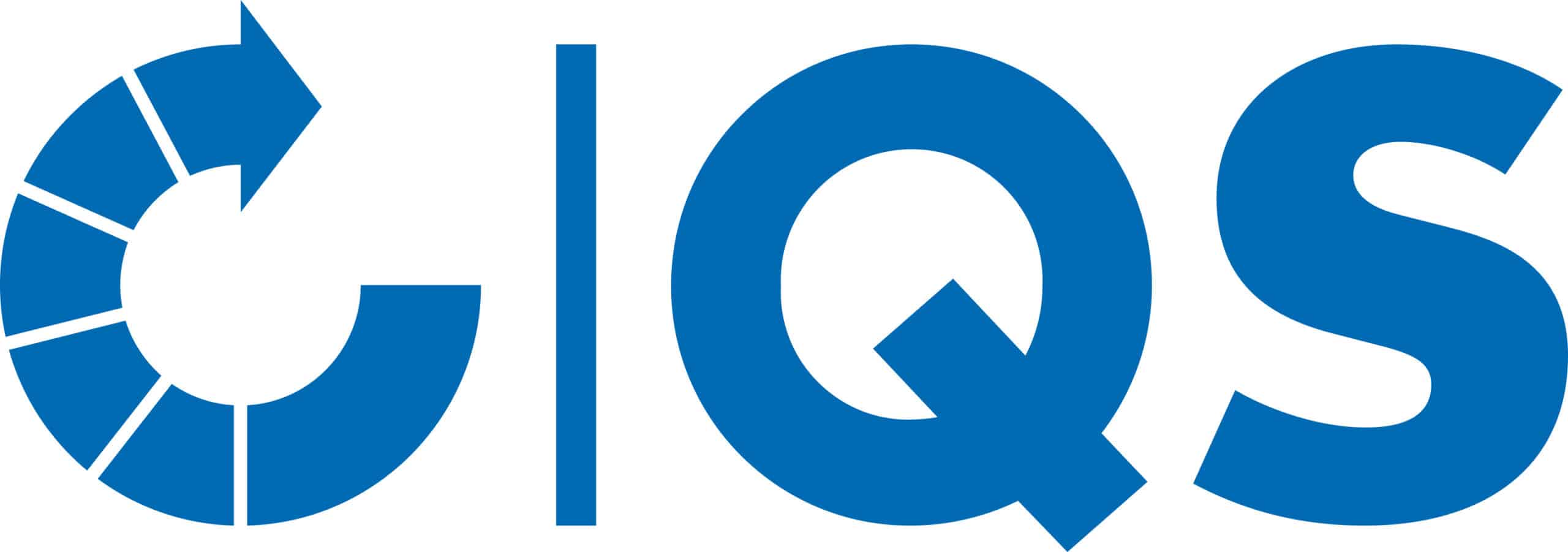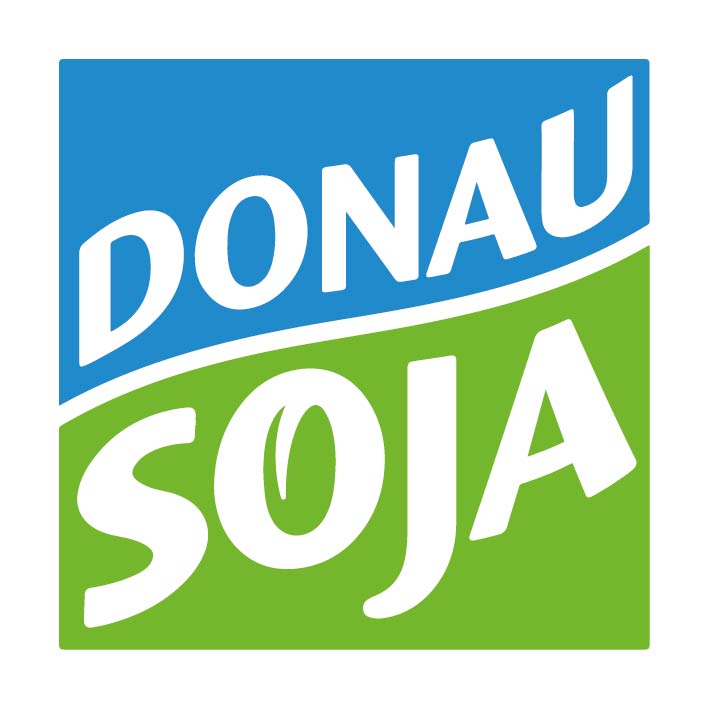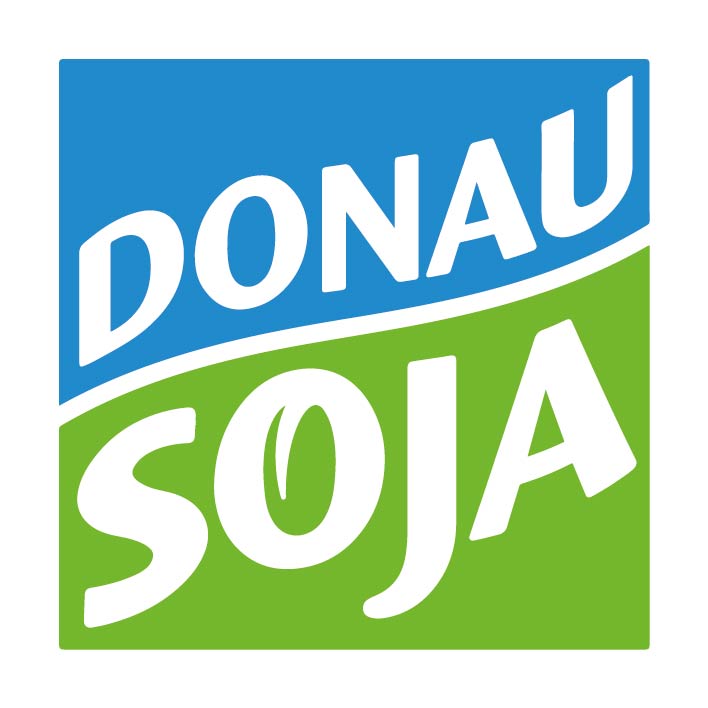Since 1st January 2024, feed manufacturers and traders are required under the QS-Soy-Plus and AMA pastus+ systems to use only soya that is sustainably certified and deforestation- and conversion-free. QS and AMA have defined a set of sustainability standards that are accepted. Both systems have the same requirements and timelines for implementation due to mutual recognition.
To ensure enough availability of sustainably certified soya on the European market, Book & Claim (B&C) options will be recognized until December 31, 2025. This means that until this date, the used soya can either be physically certified or offset via the claiming procedure.


Difference to the EU Deforestation Regulation (EUDR)
The QS-Soy-Plus and AMA pastus+ systems deliberately go beyond the requirements of the EUDR by demanding certification for soya that proves it was produced deforestation- and conversion-free. The EUDR does not require such certification and refers only to deforestation-free, not conversion-free. Consequently, soya that meets the legal requirements of the EUDR is not automatically recognized by QS-Soja plus and AMA pastus+.
Recognition of Donau Soja and Europe Soya
Both Donau Soja and Europe Soya meet the criteria for cultivation and supply chain of QS-Soy-Plus and AMA pastus+ and are recognised as physical certification options by both systems.
The Donau Soja Protein Partnerships are recognised as a B&C option by both systems until the end of 2025. A significant advantage of the Protein Partnership Programme as a B&C option is that it increases the availability of physically certified soya on the European market. As part of a Protein Partnership, the certification of farmers in non-EU European countries, and the primary collectors is funded. This creates new certified soya quantities and makes the first step towards a physically-certified supply chain.
This offers companies a win-win opportunity: In the first year, the soya quantities produced through a Protein Partnership can be used as B&C option to offset uncertified volumes, and are available in the following year as additional certified, QS-Soy-Plus and AMA pastus+ accepted soya quantities on the market.
Organic Soya Combo Certification
Organic standards such as the EU Organic Label are not recognised by QS and AMA pastus+ because they do not exclude deforestation and land conversion. For this reason, Donau Soja has introduced a combo certification. This allows organic certified operators to continue to deliver into the QS and AMA pastus+ system with little extra effort.
Conclusion
Donau Soja and Europe Soya standards help operations in complying with legal requirements like the EUDR and provide access to important markets in Germany, Austria, and beyond, that require sustainable certifications.
For more information on the implementation of QS-Soy-Plus, see our information letter.
Contact
For further questions about compliance with sustainability criteria and our Protein Partnerships, please feel free to contact us at: standard@donausoja.org

